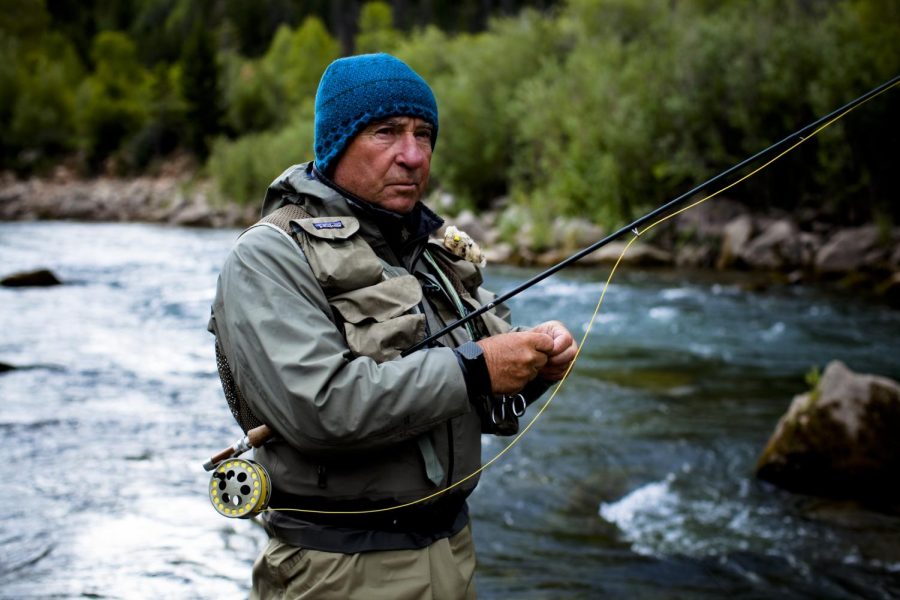Conscious Billionaire (?)
A new breed of the uber-rich leaving behind a legacy of environmental justice.
October 18, 2022
Yvon Chouinard was a trailblazing rock climber in the Yosemite Valley in the 1960s, living out of his car and eating canned food until, in 1973, he founded a company that reflected his lofty ideals. Patagonia, named after the remote region in Chile known for its dramatic mountain peaks and abundant glaciers, was revolutionary in its early adoption of the use of sustainable materials in clothing like organic cotton and work-life balance programs like onsite childcare. Last month, Yvon Chouinard, his wife, and his children decided to give away the company that is valued at more than three billion dollars.
Instead of selling the company or taking it public, the family transferred their ownership of Patagonia to a specially designed trust and a nonprofit organization. This arrangement was made so that the company’s profits, which amount to about $100 million each year, can be used to help foster a society engaged in fighting climate change, investing in climate solutions, protecting people from climate risks, preventing undeveloped land from being deforested, and aiding in reforestation efforts. Chouinard said in his statement that the trust was created to protect the company’s values of preserving nature through business practices. Each year, the company has consistently given 1% of sales to environmental nonprofits.
The Chouinard family is at the fore of a growing movement among the ultra-wealthy to use nonprofit organizations to exert political influence and hence extend their legacy beyond their lifetimes. Critics say that by transferring the company to an environmental justice trust, Patagonia avoids paying a large tax bill.
Chouinard used a 501(c)(4) type of non-profit to transfer his shares to, implying that he would only have to pay about $17 million in gift taxes; a US estate and gift tax of about $1 billion would have been levied if he had transferred the shares to his children or he would have had to pay about $700 million dollars in capital gains tax if he had sold the company. The family’s lawyers have contested these claims, stating that the issue of tax avoidance was never on the agenda when designing the new structure for the company, and their goal was always to ensure that Patagonia stays true to its founding principles.
Even as a billionaire, Yvon Chouinard wore old, thread-worn clothes, drove a broken-down Subaru, and owned very modest homes in California and Montana. He does not own a computer or a cellphone. He had an utter disregard for business norms and claimed that he never wanted to be a businessman. Eventually, as an 83-year-old, he did not know what to do with the company that he had built. Having transferred the control to the nonprofit, he says that he “could die tomorrow and the company is going to continue doing the right thing for the next 50 years, and I don’t have to be around.”
Hundreds of billionaires have signed The Giving Pledge, promising to give up the majority of their fortunes to philanthropic causes. However, their rhetoric about making the world a better place is often overshadowed by their actions—which usually run contrary to the very problems they claim to hope to address.
The Chouinard family’s actions are commendable in comparison to the typical practices of the ultra-wealthy, yet genuine care for the environment was likely not the sole reason for giving away Patagonia. The breathless reporting on billionaires’ supposed “ethical” actions too often ignores underlying motivations such as evading hefty taxes and gaining the adulation of the public.
